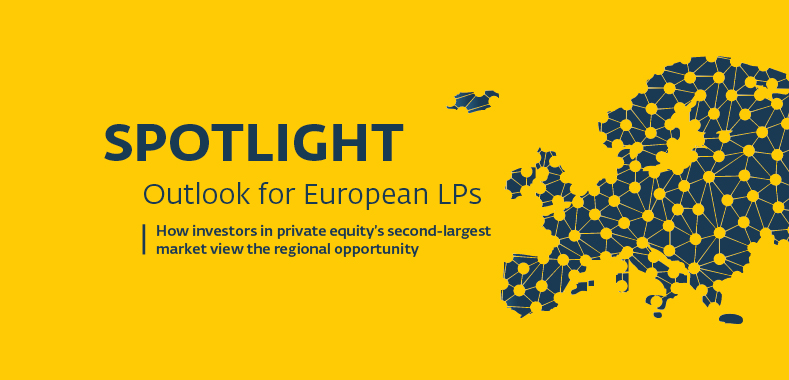Why Aviva Investors Thinks Europe is Today’s Best Value
Aviva’s global head of strategy and portfolio management, David Skinner, explains why Europe may be the most attractive global real estate market, and where he sees risk ahead
PrivcapRE: Despite the possibility for Brexit, how do you assess the European real estate opportunity?
David Skinner, Aviva Investors: We have a sense that Europe, in a global context, offers better value than other parts of the global real estate market. First, other parts of the global real estate market have recovered earlier and much stronger. They are much more mature in the phase of the recovery cycle. Second, the extent of recovery in other parts of the world has meant that the relative pricing argument attractions to real estate are less strong in other parts of the world than they are in Europe. Third, the prospect of further quantitative easing within the Eurozone suggests that the relative pricing argument will last for longer in European markets than it does in much of the rest of the world.
Does the big growth in foreign capital flows to Europe give you any cause for concern? What about the U.K. in particular?
Yes, it’s on our radar, but it doesn’t worry me unduly. In terms of fundamentals, it’s difficult to generalize about Europe as a whole. We would argue that—given the relative strength of the U.K. economy and the fact that there’s been very little building activity and development finance to enable building activity—prospects for rental growth in the U.K. market are really quite robust here in most segments of the market. On a pounds-per-square-foot basis, many markets are as expensive as they were at the peak of the market in 2007. But, that’s not a really fair comparison. If you go back to 2007, the base rates in the U.K. were higher than five-year U.K. government bond yields. Now we’re in a very different environment where the spread between property yields and bond yields remains at historically high levels. In other parts of Europe where the economic strength is more fragile, it’s fair to say that the prospects for rental growth are lower than for many other markets around the world.
You’re most active in the U.K. Given pricing in London, do you find yourself looking outside the capital for deals?
Yes. Within the U.K., London appears to offer poorer value than other parts of the U.K. real estate market. Now, for an international investor looking at deploying capital into global gateway cities such as London, New York, Paris, Tokyo and a few others, London will not look expensive on a relative basis. But for a domestic investor where the investible universe is the U.K., it would appear to me, at least for those kinds of investors that are seeking core-type or beta exposure to real estate, that London offers less value than other parts of the U.K.
What’s your biggest worry in the U.K. market today?
Some kind of disorderly unwinding of the unprecedented level of monetary stimulus that’s in the U.K. system and in other economies around the world would also be potentially very disruptive to the U.K. and to other global real estate markets. That’s something we are looking out for.
Aviva’s David Skinner explains why Europe may be the most attractive global real estate market, and where he sees risk ahead.
